Would You Rather - AI-powered Dilemma Generator

Hello! Ready for some fun and thought-provoking dilemmas?
Explore, Debate, Discover – AI-Powered Dilemmas
Would you rather live in a world without music or a world without books?
Would you rather have the ability to fly or to become invisible at will?
Would you rather always know when someone is lying or be able to influence their decisions?
Would you rather experience a year in space or a year exploring the deep ocean?
Get Embed Code
Introduction to Would You Rather
The 'Would You Rather' game presents players with two contrasting scenarios, requiring them to choose which one they would prefer to experience. The purpose of this game is not just entertainment, but also to spark discussion and provoke thought about why one option might be preferable to another. This game is designed to explore values, preferences, and sometimes, the lesser of two evils. For example, a typical question might be: 'Would you rather always be 10 minutes late or always be 20 minutes early?' The simplicity of the game allows for a wide range of complexity in its scenarios, from mundane to philosophically deep questions like, 'Would you rather lose all of your old memories or never be able to make new ones?' Each question pushes players to reflect on their choices and can reveal underlying personal values and priorities. Powered by ChatGPT-4o。

Main Functions of Would You Rather
Generating Scenarios
Example
Would you rather have a rewind button or a pause button on your life?
Scenario
This function serves to create diverse dilemmas that challenge players to weigh their options and consider hypothetical impacts on their life. For instance, choosing between a rewind or pause button involves consideration of personal regrets, desires to control current circumstances, and their implications on one’s personal and professional life.
Discussion Facilitation
Example
Would you rather be famous when you are alive and forgotten when you die, or unknown when you are alive but famous after you die?
Scenario
The game prompts discussion among players, encouraging them to explain their choices. This can lead to greater insight into personal ethics, societal norms, and psychological preferences. It becomes a tool for understanding human behavior in hypothetical situations.
Learning and Adaptation
Example
Would you rather live in a virtual reality where you are all-powerful or live in the real world and be able to go anywhere but not be able to interact with anyone or anything?
Scenario
Over time, the model adapts to the preferences and interests of its users, tailoring scenarios that might cater more closely to their past choices or sparking new areas of discussion based on previous responses. This dynamic adjustment helps keep the game fresh and engaging.
Ideal Users of Would You Rather
Educators and Students
Educators can use Would You Rather questions as a tool to develop critical thinking skills and facilitate active learning in topics like ethics, logic, and social studies. Students benefit by exploring complex scenarios that challenge their preconceptions and force them to articulate their thoughts in a structured environment.
Friends and Social Groups
Social gatherings or online forums can use Would You Rather to break the ice, start conversations, or simply to provide entertainment. It helps members of the group to know each other’s views in a non-confrontational way and can serve to deepen interpersonal relationships.
Corporate Teams
In a corporate setting, Would You Rather can be an effective team-building exercise. It prompts colleagues to engage in discussions that are not directly related to work but are essential for building trust, camaraderie, and understanding among team members. This can lead to improved cooperation and teamwork in professional projects.

How to Use Would You Rather
Step 1
Visit yeschat.ai for a free trial without login, and no need for ChatGPT Plus.
Step 2
Choose a dilemma category that interests you, ranging from light and fun to deep and philosophical.
Step 3
Select a specific dilemma or allow the system to generate one randomly.
Step 4
Respond to the dilemma and see how others have voted to compare perspectives.
Step 5
Use the feedback option to adjust the types of dilemmas you receive based on your interests and previous choices.
Try other advanced and practical GPTs
Would You Rather Questions
Explore Choices, Spark Discussions
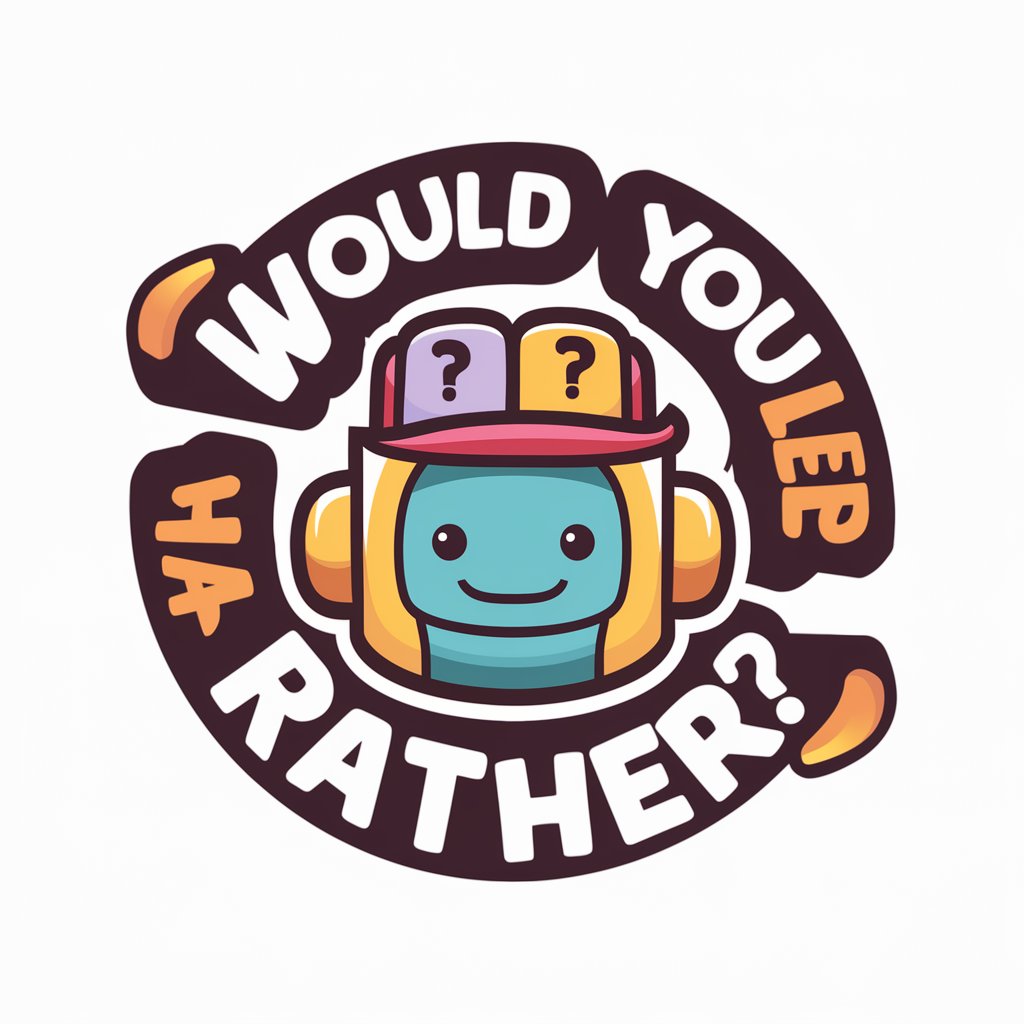
Date Buddy
Enhance Your Dates with AI Creativity
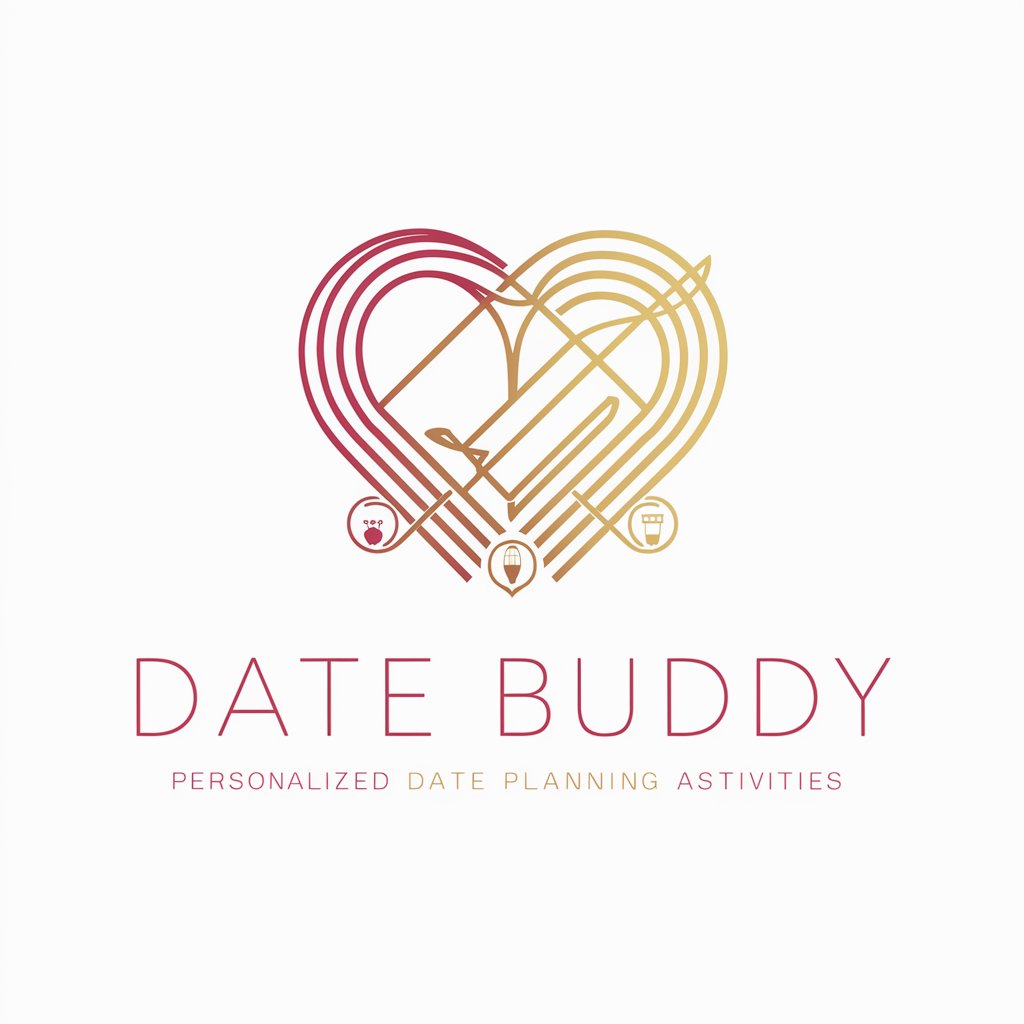
Urban Legends
Discover and Share the World's Folklore
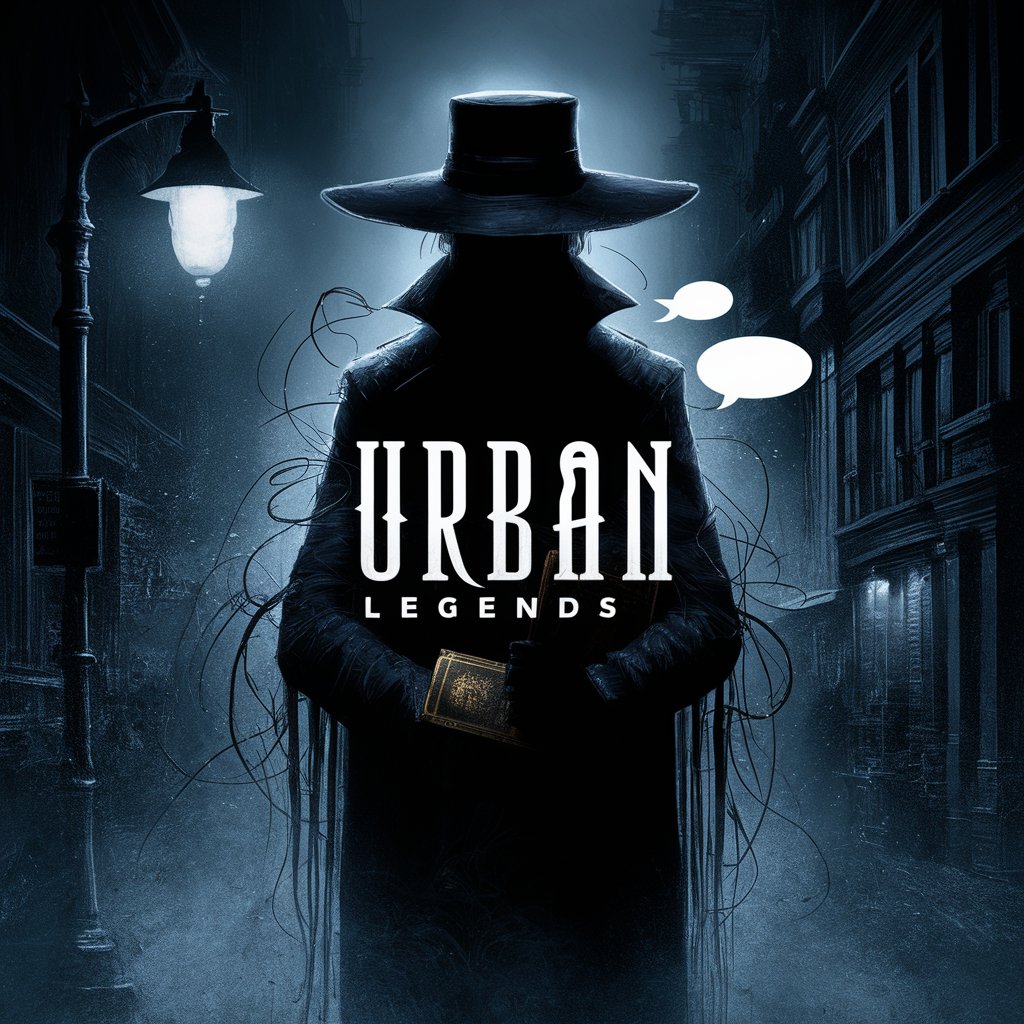
Urban Canvas
Spray Art, Powered by AI

Urban Canvas
Unleash Creativity with AI-powered Street Art Exploration
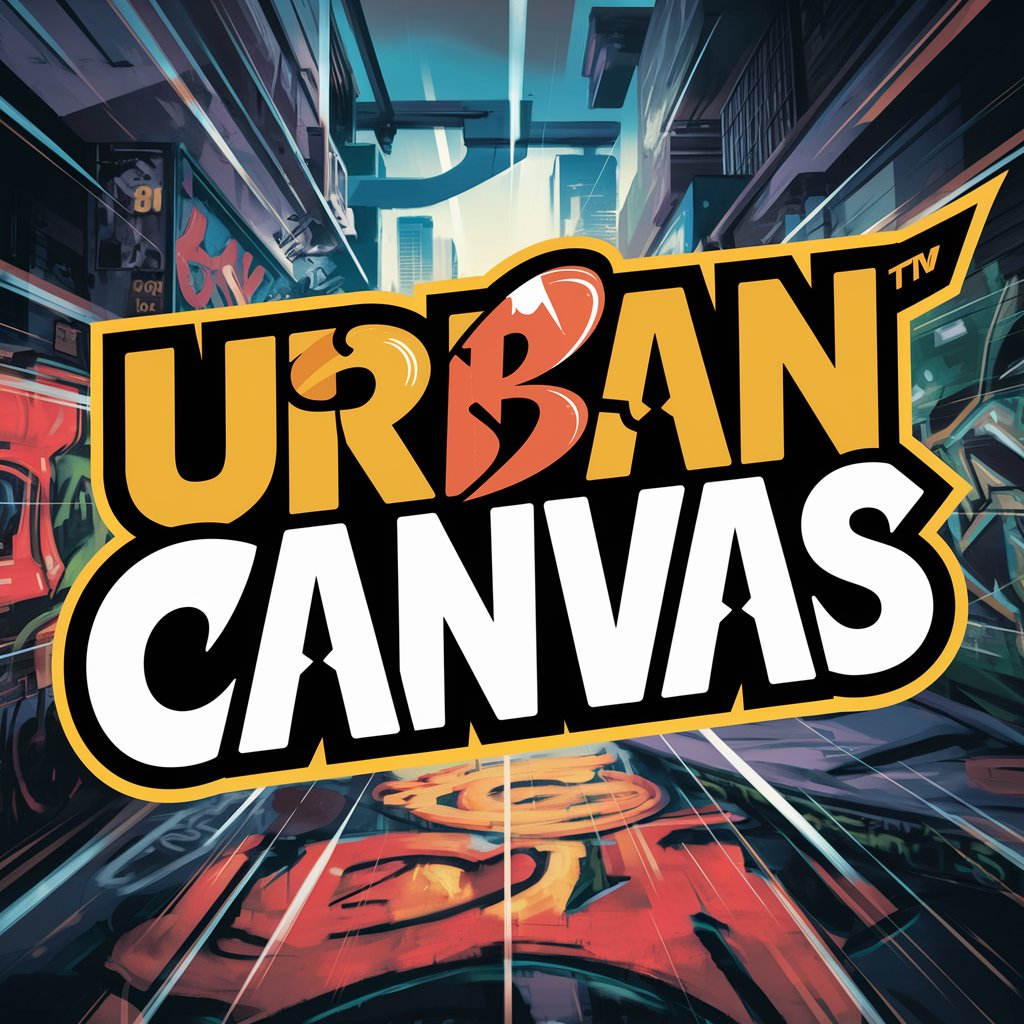
Urban Wanderer
Explore, Discover, Reflect: Powered by AI
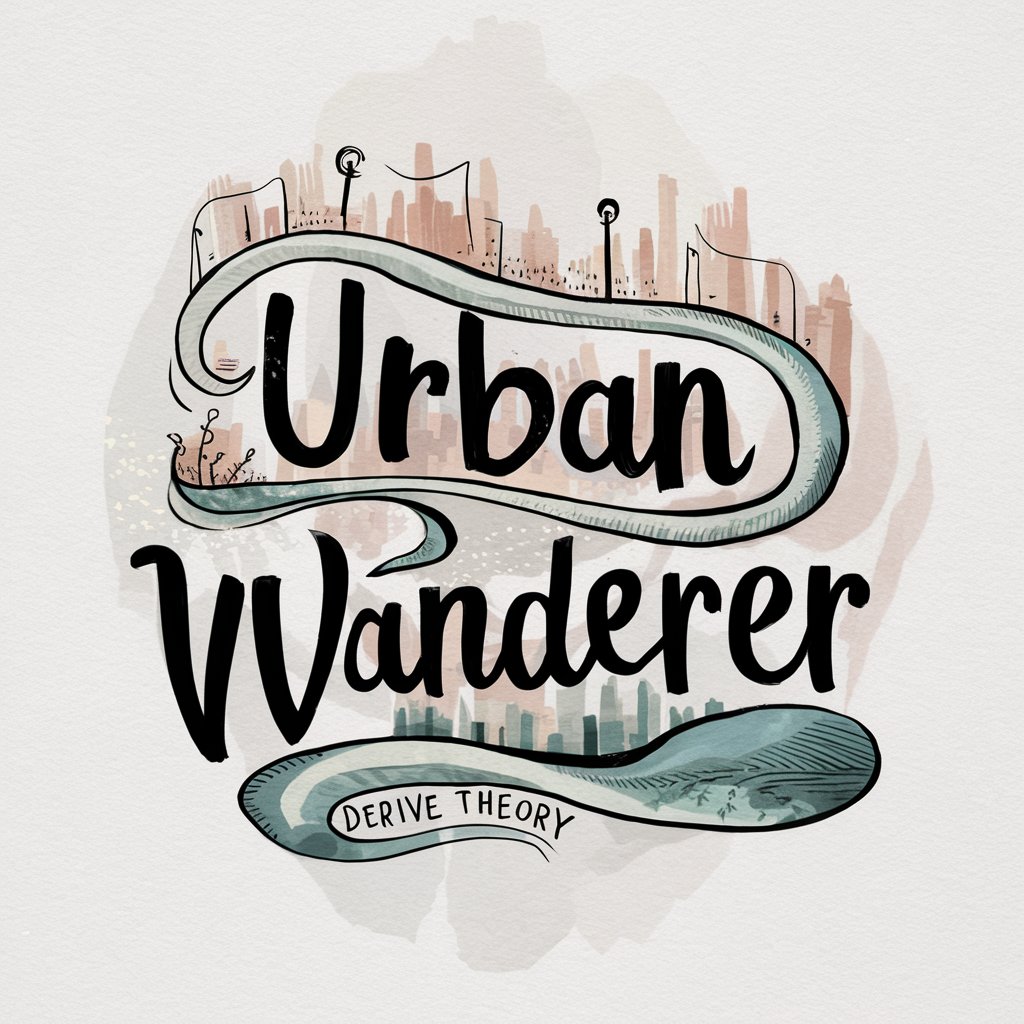
Would You Rather Game Host
Facilitate Fun Decisions with AI
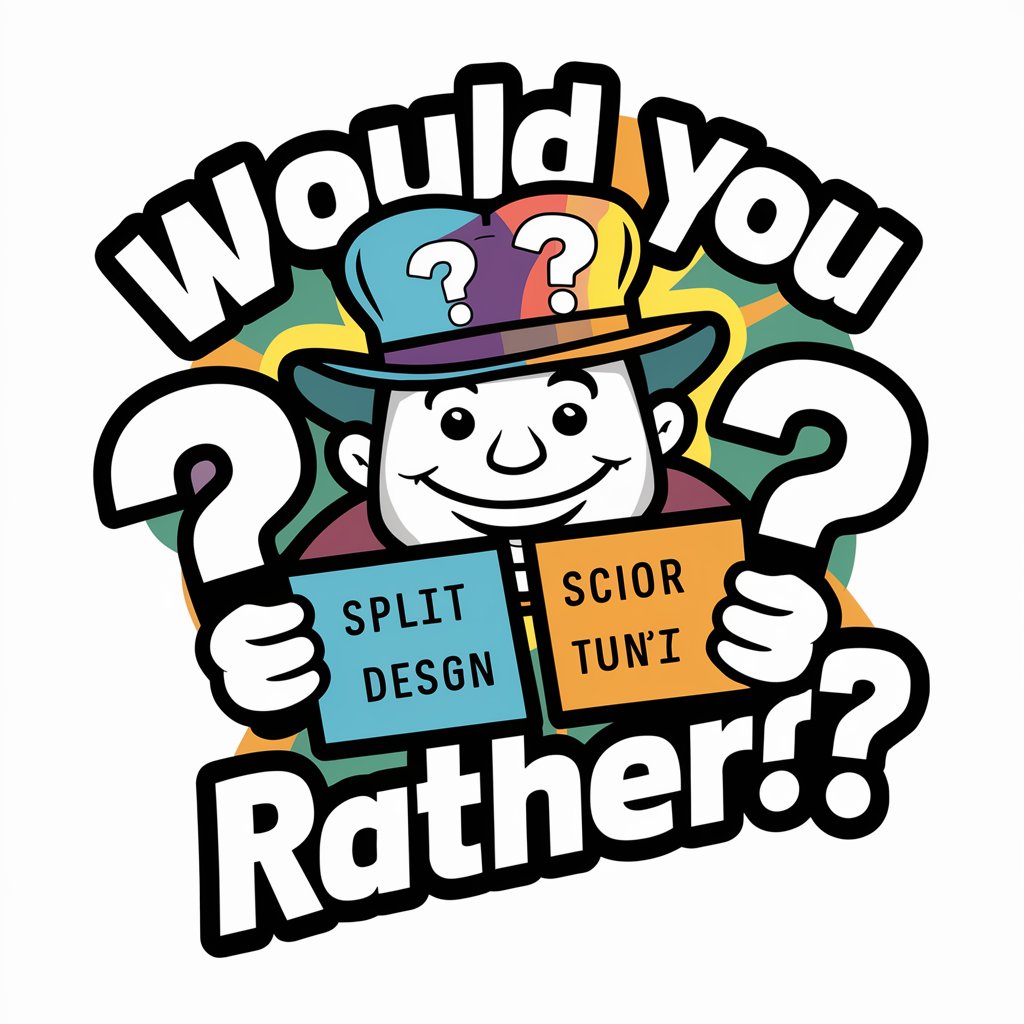
Would You Rather....?😬
Visualize your choices, explore dilemmas
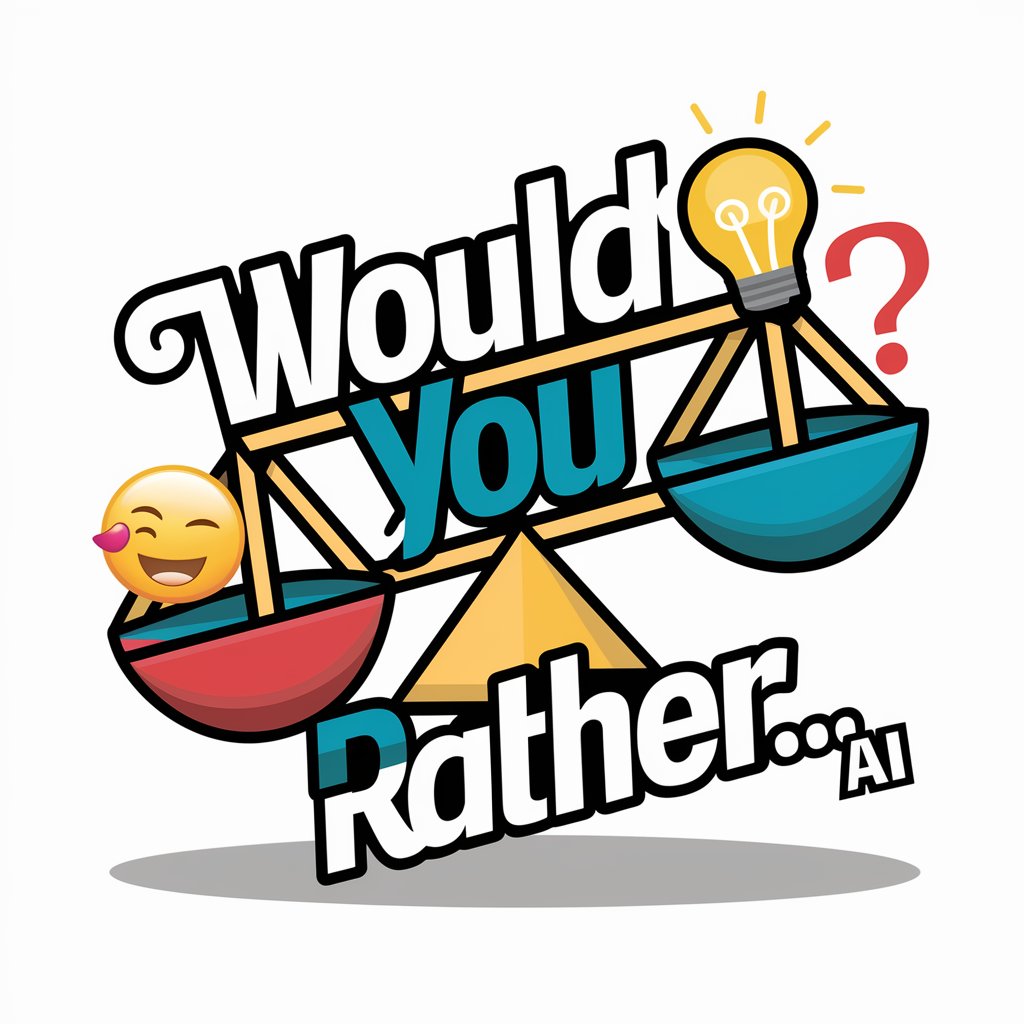
Would You Rather...
Spark deep discussions with AI-powered dilemmas.

Would You Rather
Explore engaging dilemmas powered by AI.
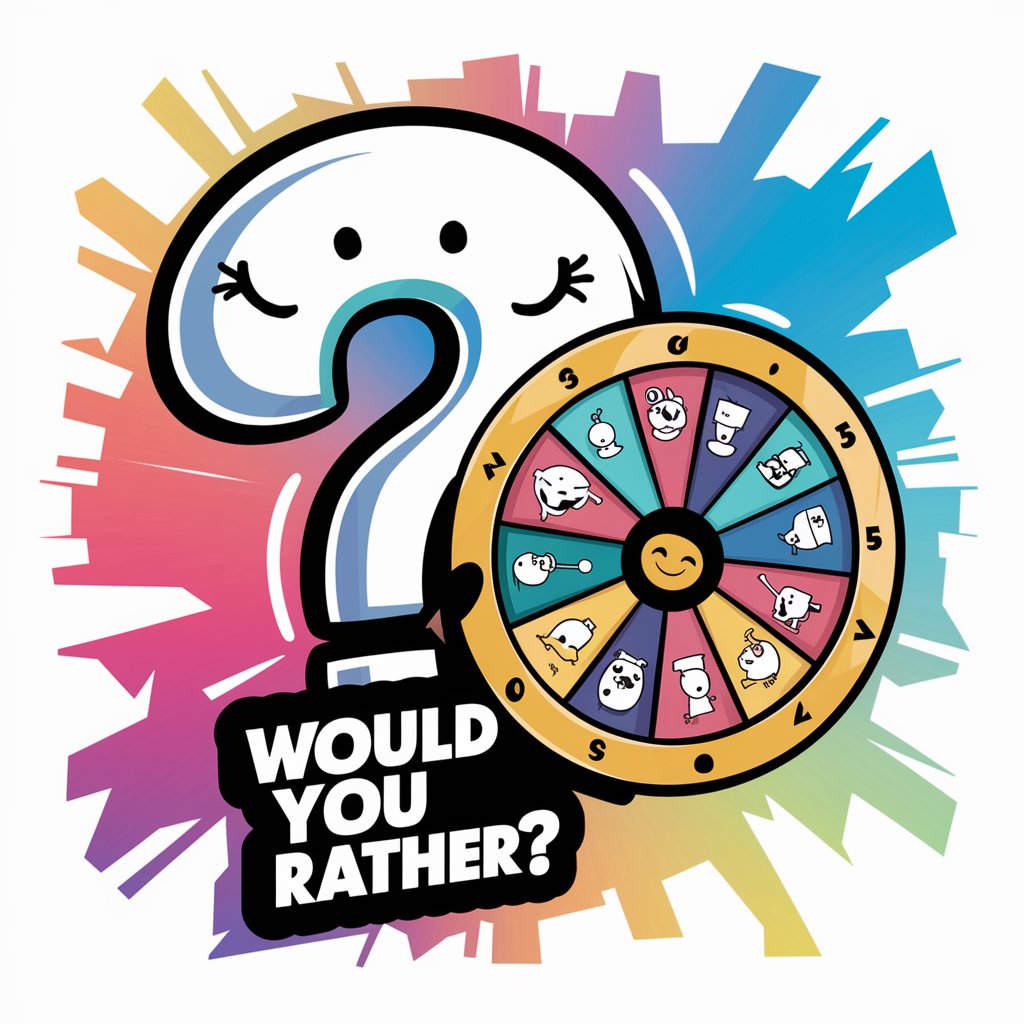
Would You Rather Game Bot
Elevate your game nights with AI-powered daring questions.

I'd Rather Be Writing Bot
Enhancing Technical Documentation with AI
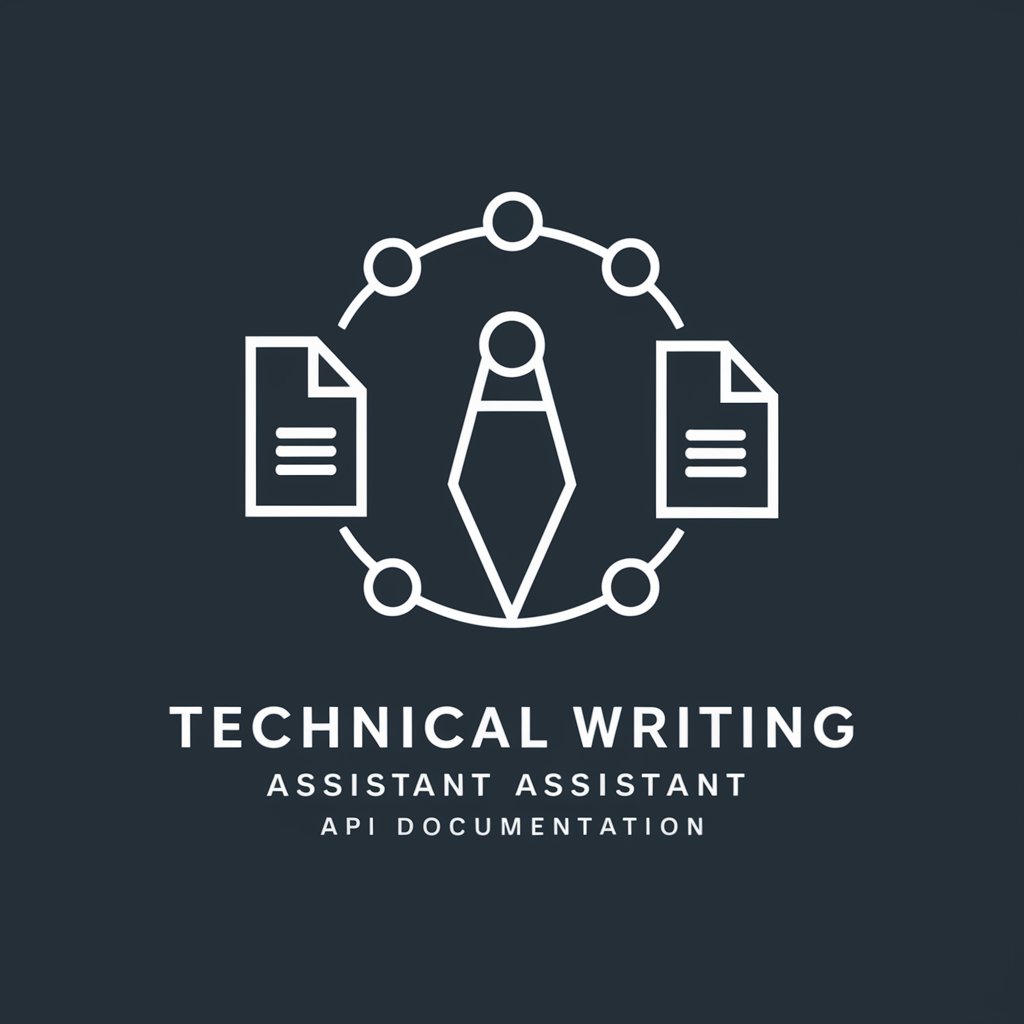
Detailed Q&A About Would You Rather
What types of dilemmas can Would You Rather generate?
Would You Rather can generate a wide range of dilemmas from silly and fun to deeply philosophical, tailored to stimulate thought and discussion.
Can I suggest my own dilemmas?
Yes, users can submit their own dilemmas, which may be incorporated into the system for others to respond to, enhancing the interactive experience.
How does Would You Rather adapt to my preferences?
The system detects patterns in your responses to adjust future dilemmas to better match your interests, promoting a more engaging and personalized experience.
Is there a way to see how other people responded to the same dilemmas?
Yes, after responding to a dilemma, you can view statistics on how other users have voted, providing insight into different perspectives.
Can Would You Rather be used in educational settings?
Absolutely, educators can use Would You Rather to spark discussion and debate among students, helping them explore ethical dilemmas and personal values.
